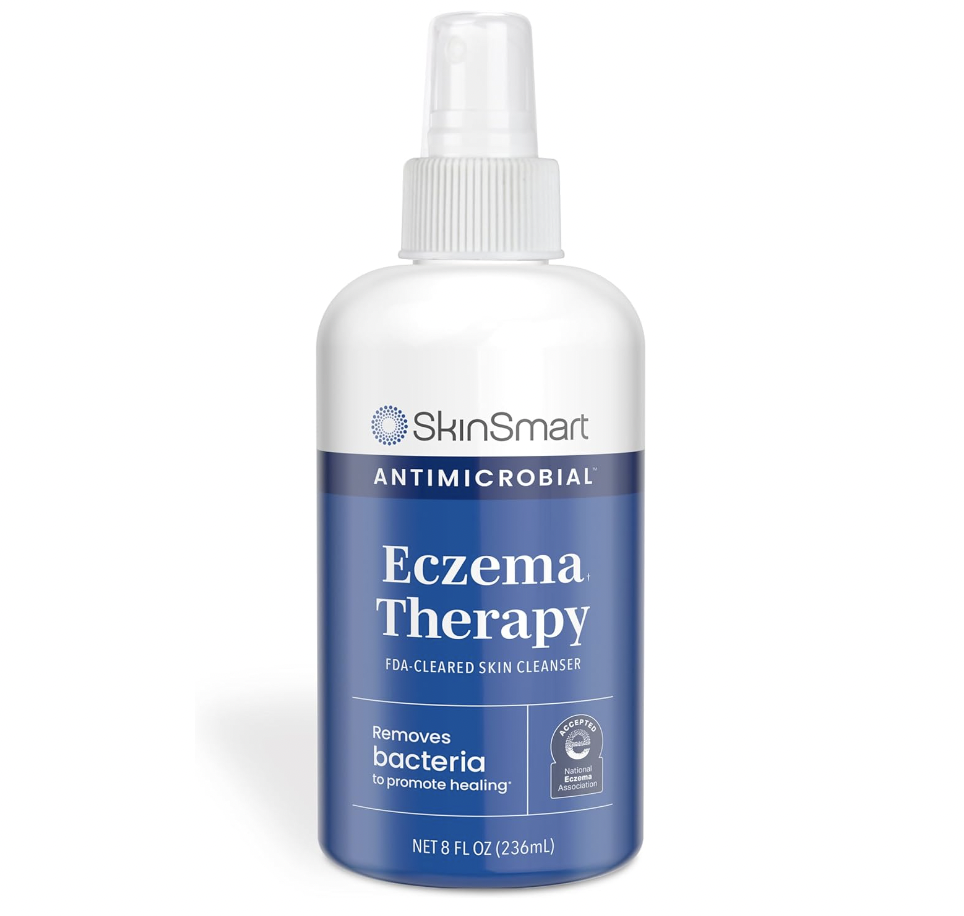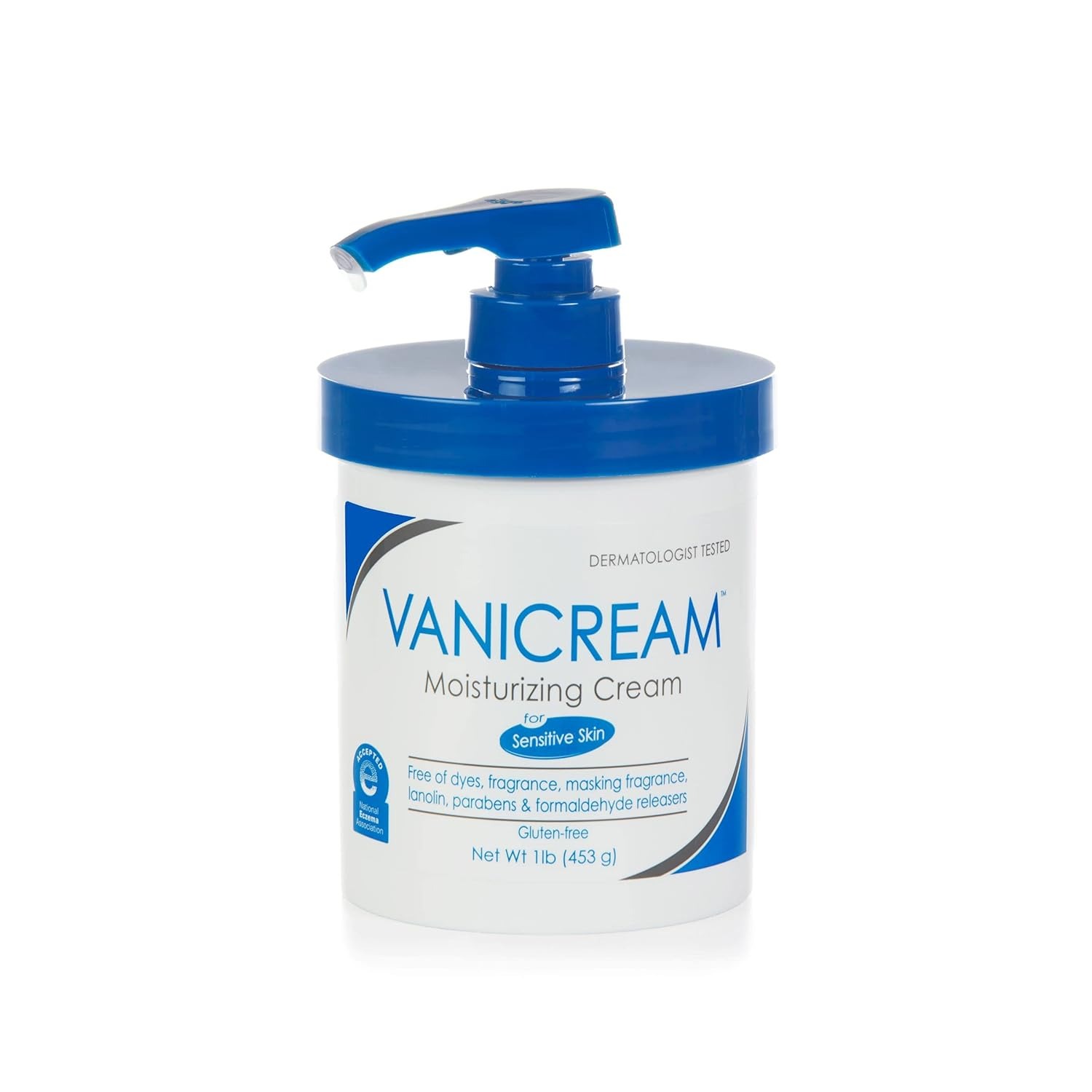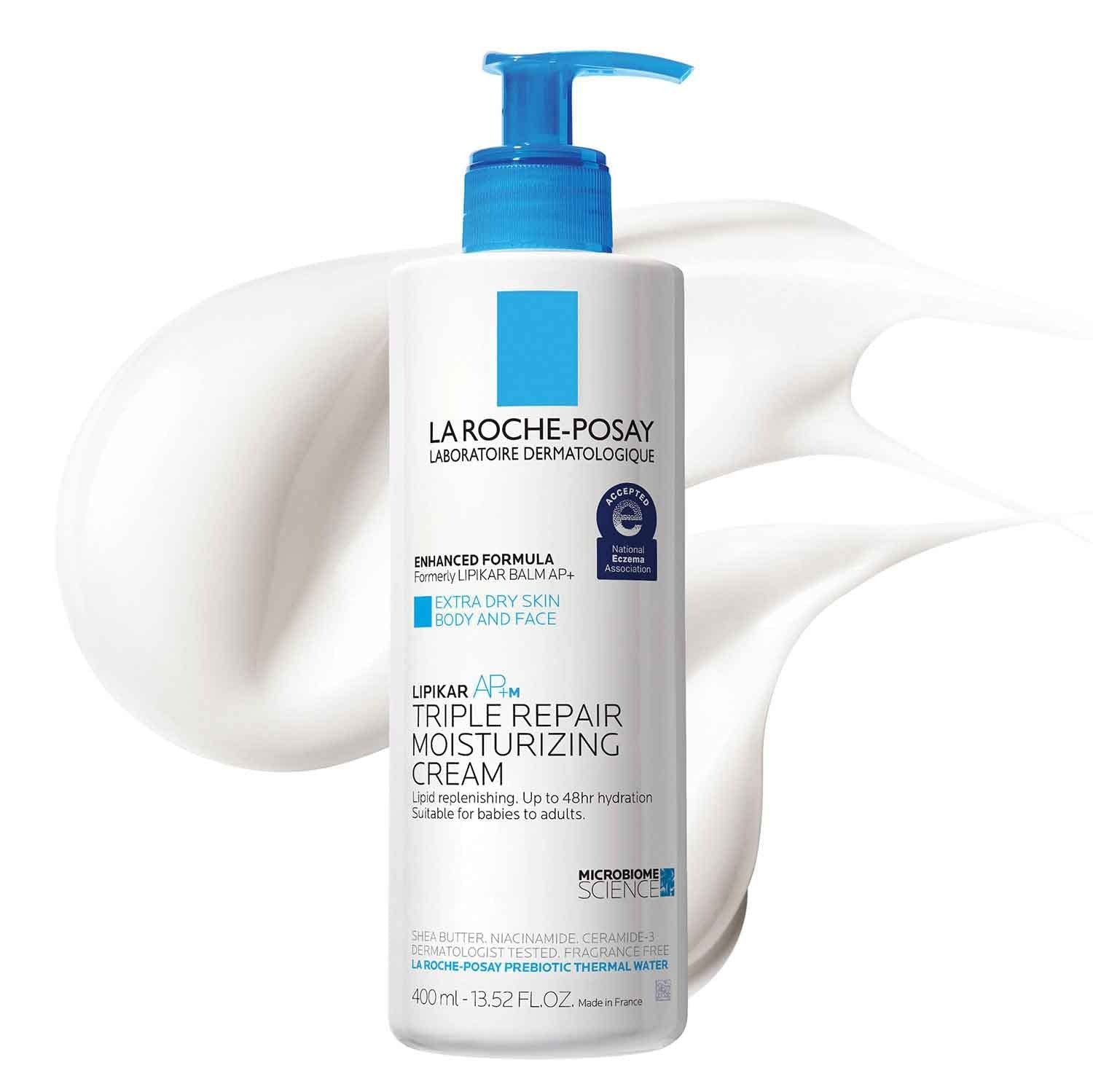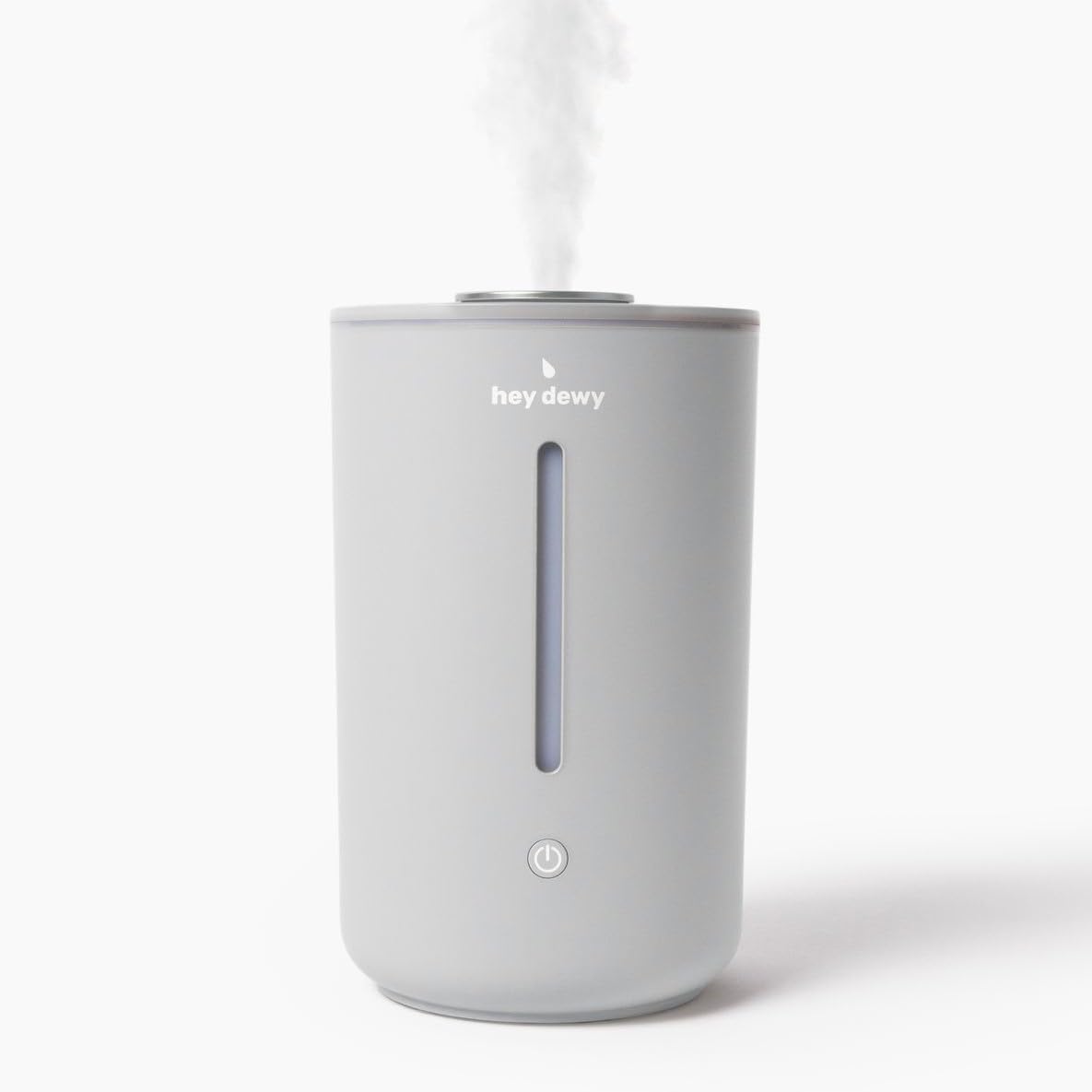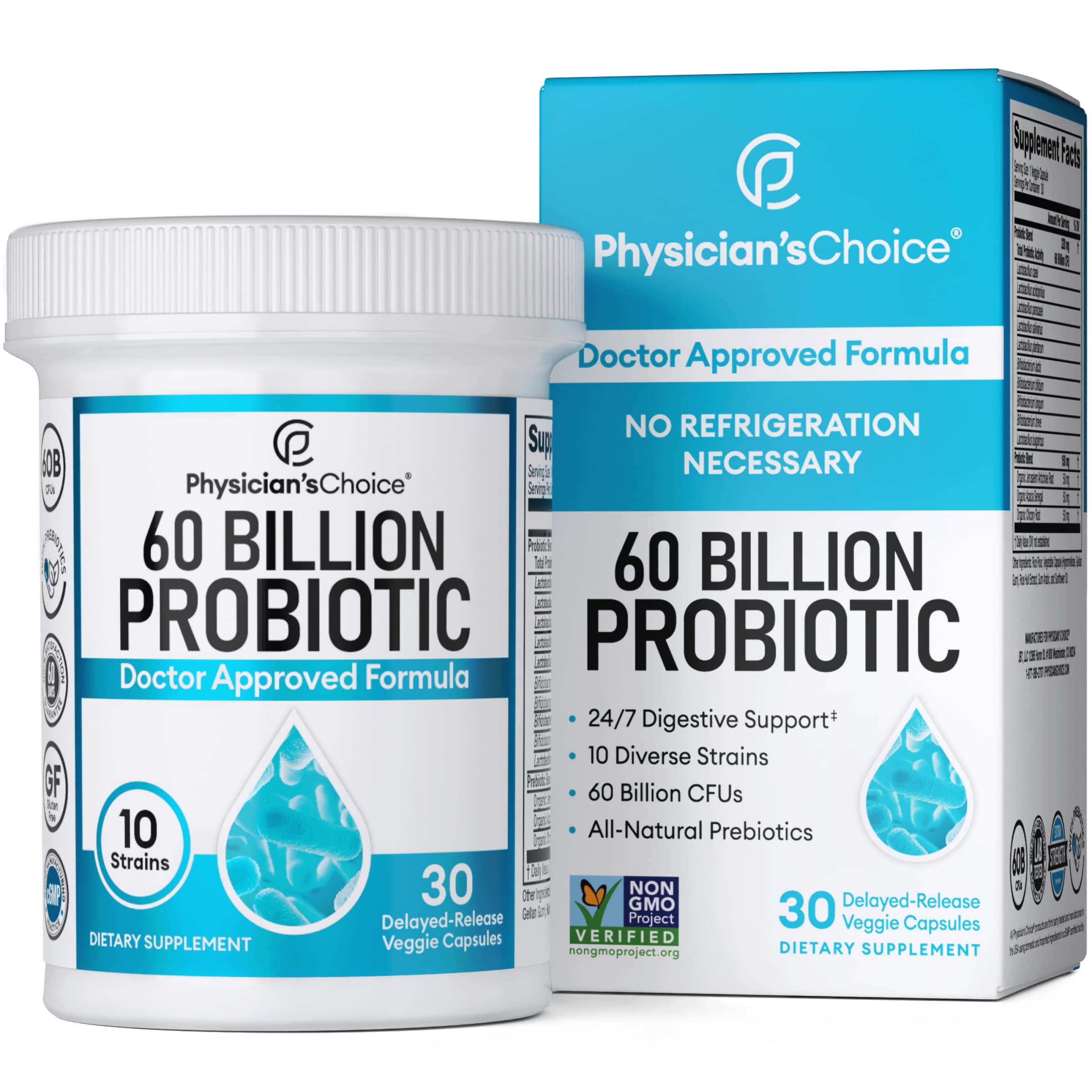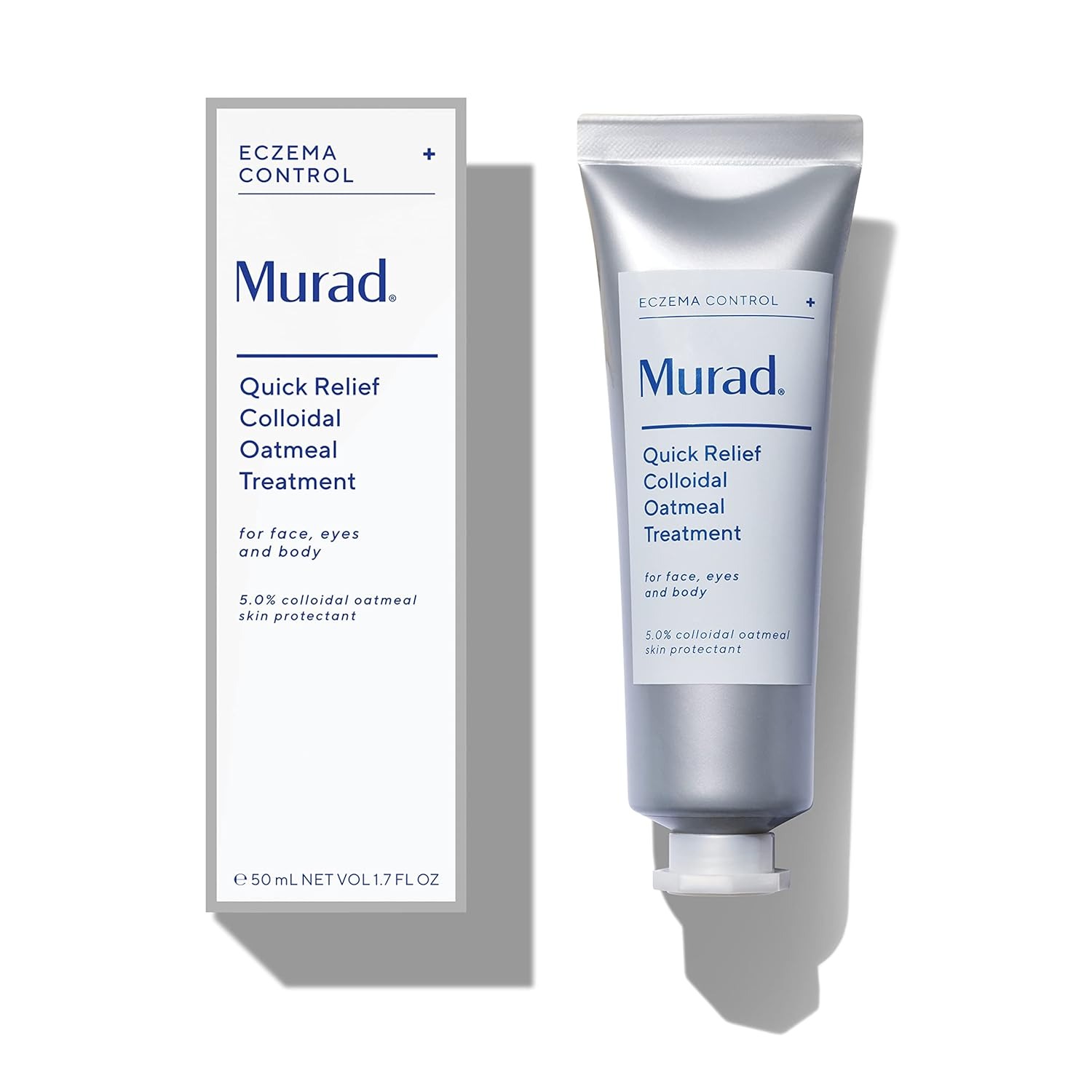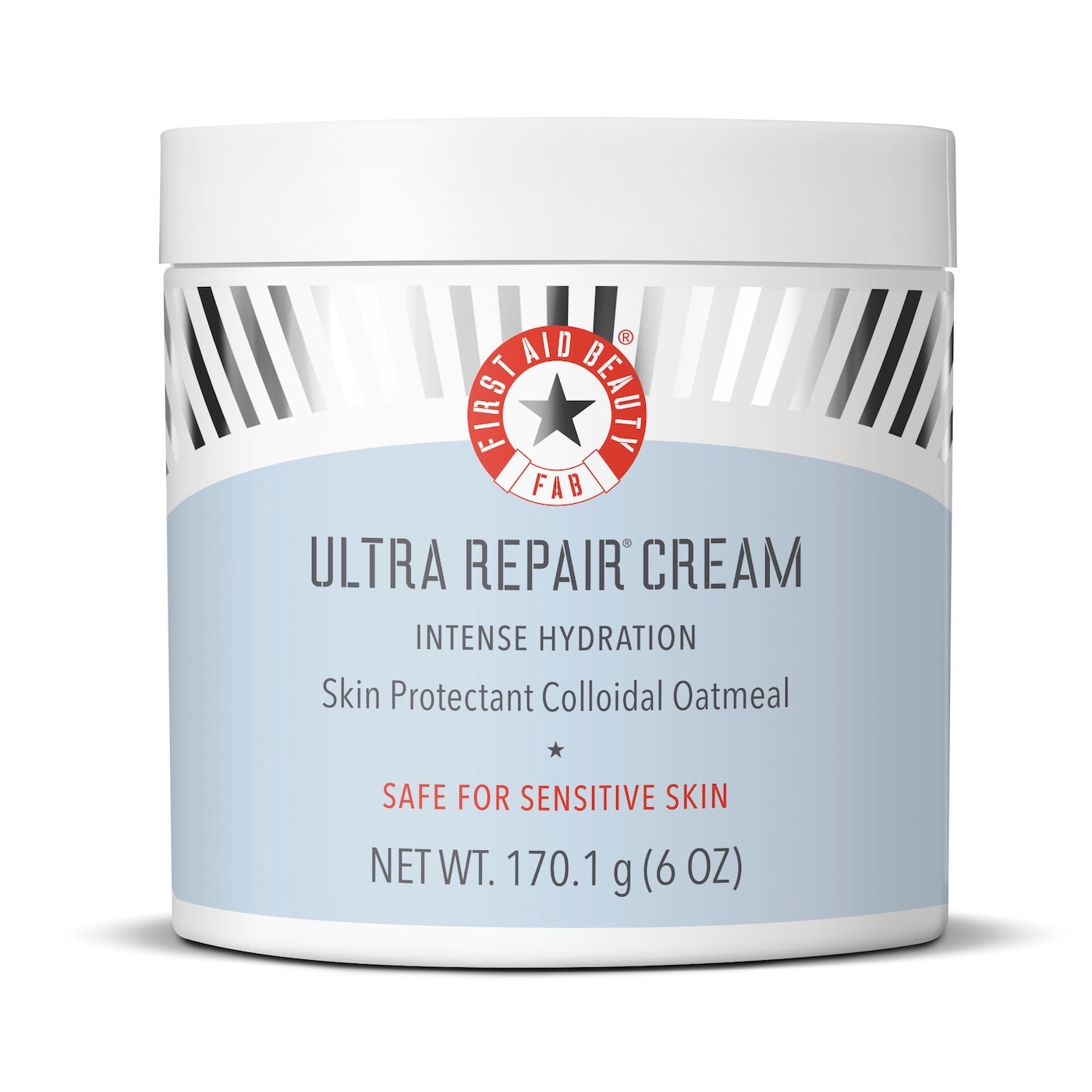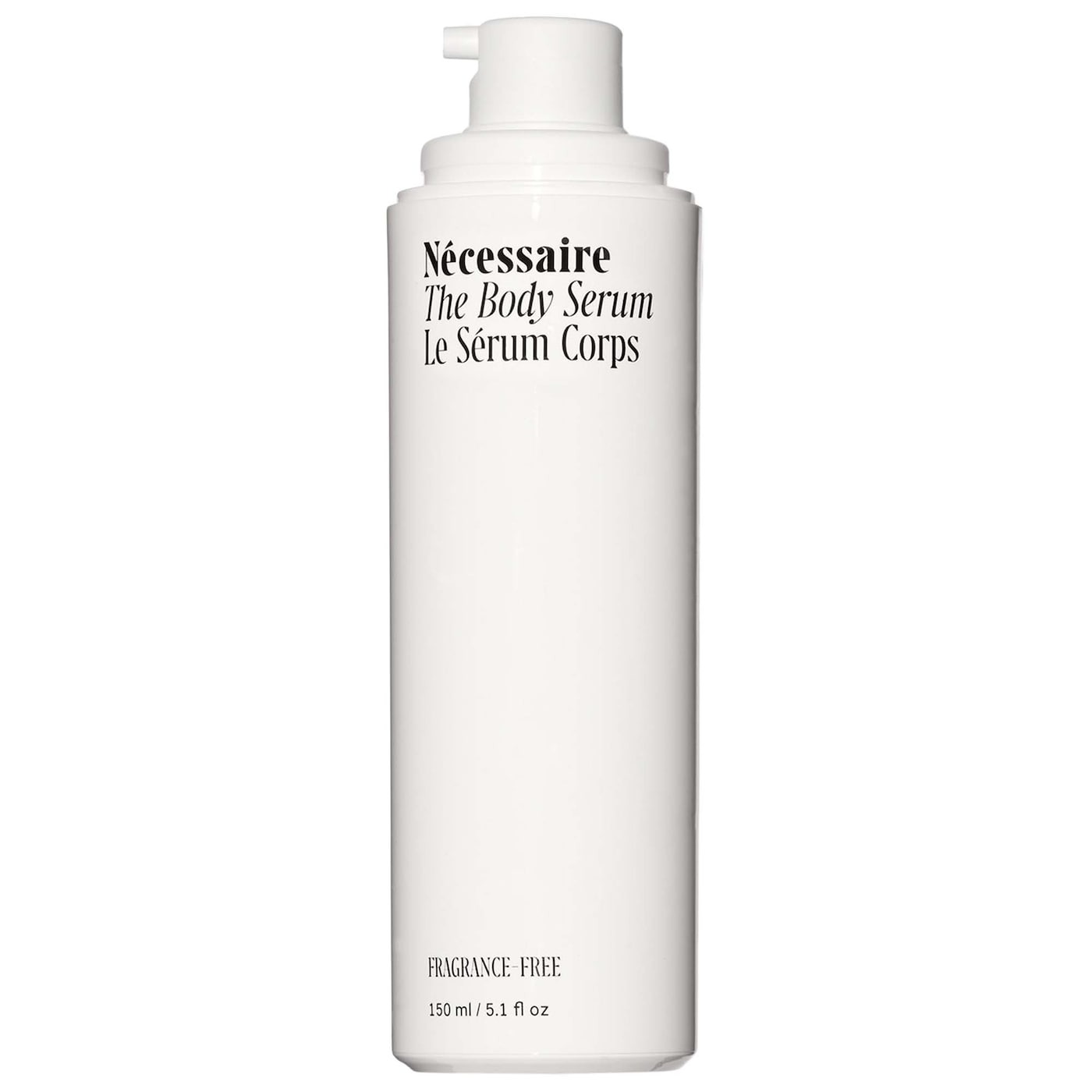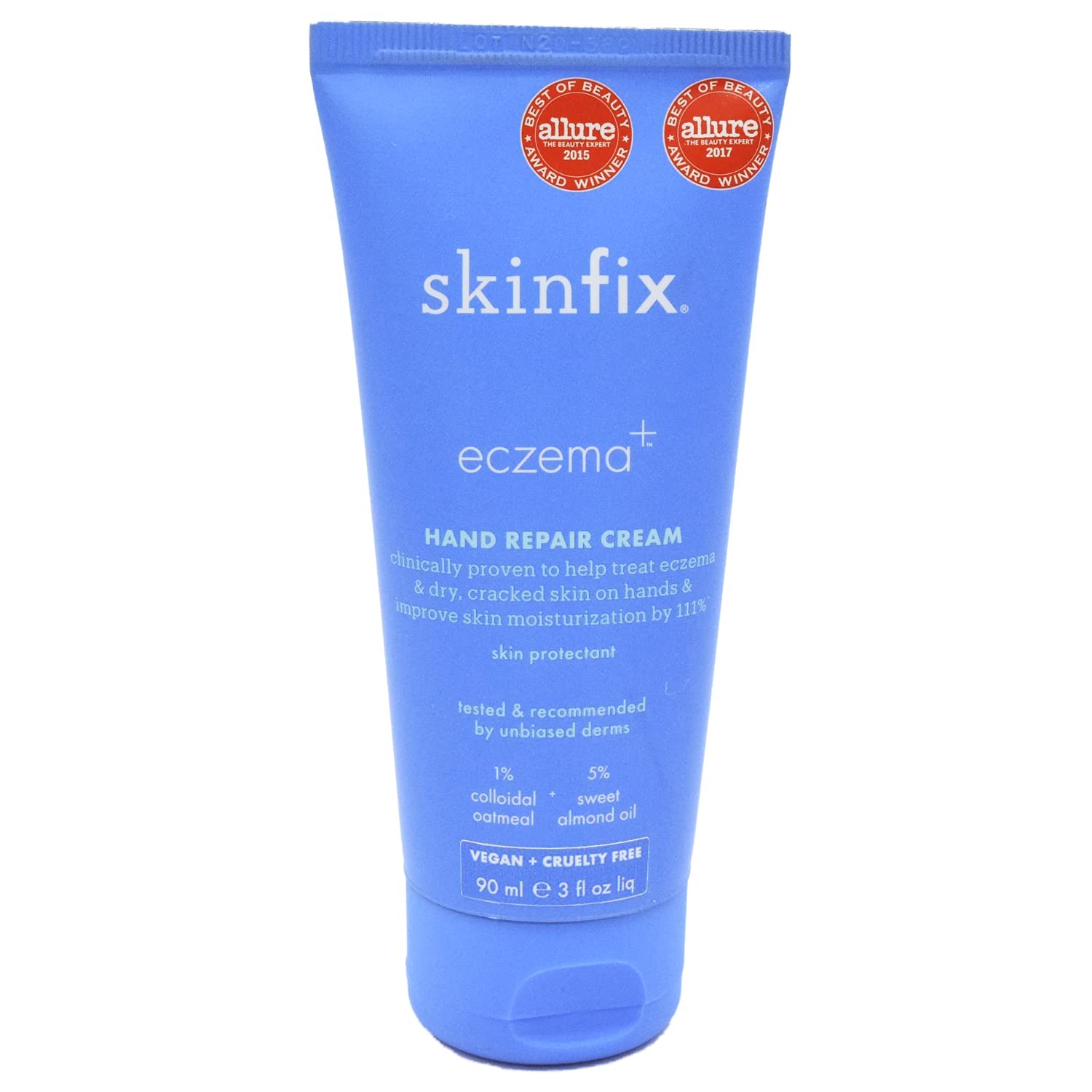3 Tips to Stop Eczema in Its Tracks, According to a Derm
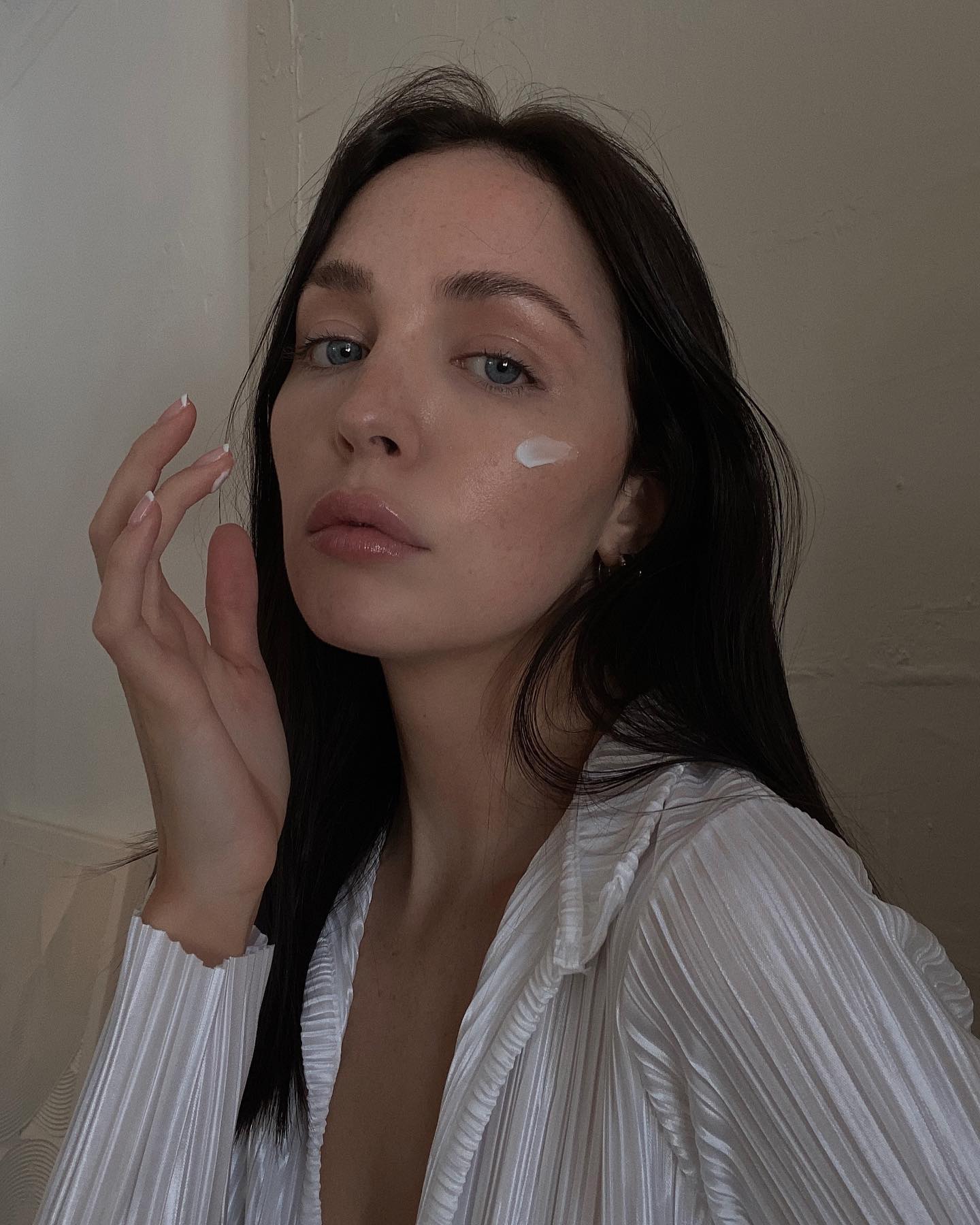
While eczema can technically crop up at any time, it (unfortunately) thrives in winter. Since eczema is a form of severely dry skin, it's often exacerbated by cold weather and dry air, meaning winter makes the skin issue that much worse, but there are plenty of factors that might cause a flare-up.
"We don’t know the exact cause of eczema," says Azadeh Shirazi, board-certified dermatologist. "We do know that people develop eczema as a result of genes and environmental factors. People with eczema often report other sensitivity conditions such as asthma and hay fever. There are multiple inherent factors involved, including skin-barrier disruption, imbalance of the skin’s microbiome, and immune dysregulation. Environmental factors such as cold or dry weather; contact with sensitizers such as fragrance, dyes, or preservatives; and stress all play a huge role. Research has found having an imbalance of microbiome in the gut can increase inflammation in the body and exacerbate eczema."
If you want to try to stop eczema before it starts (or becomes a bigger issue), I asked Shirazi for her best prevention tactics. Keep reading for the tips.
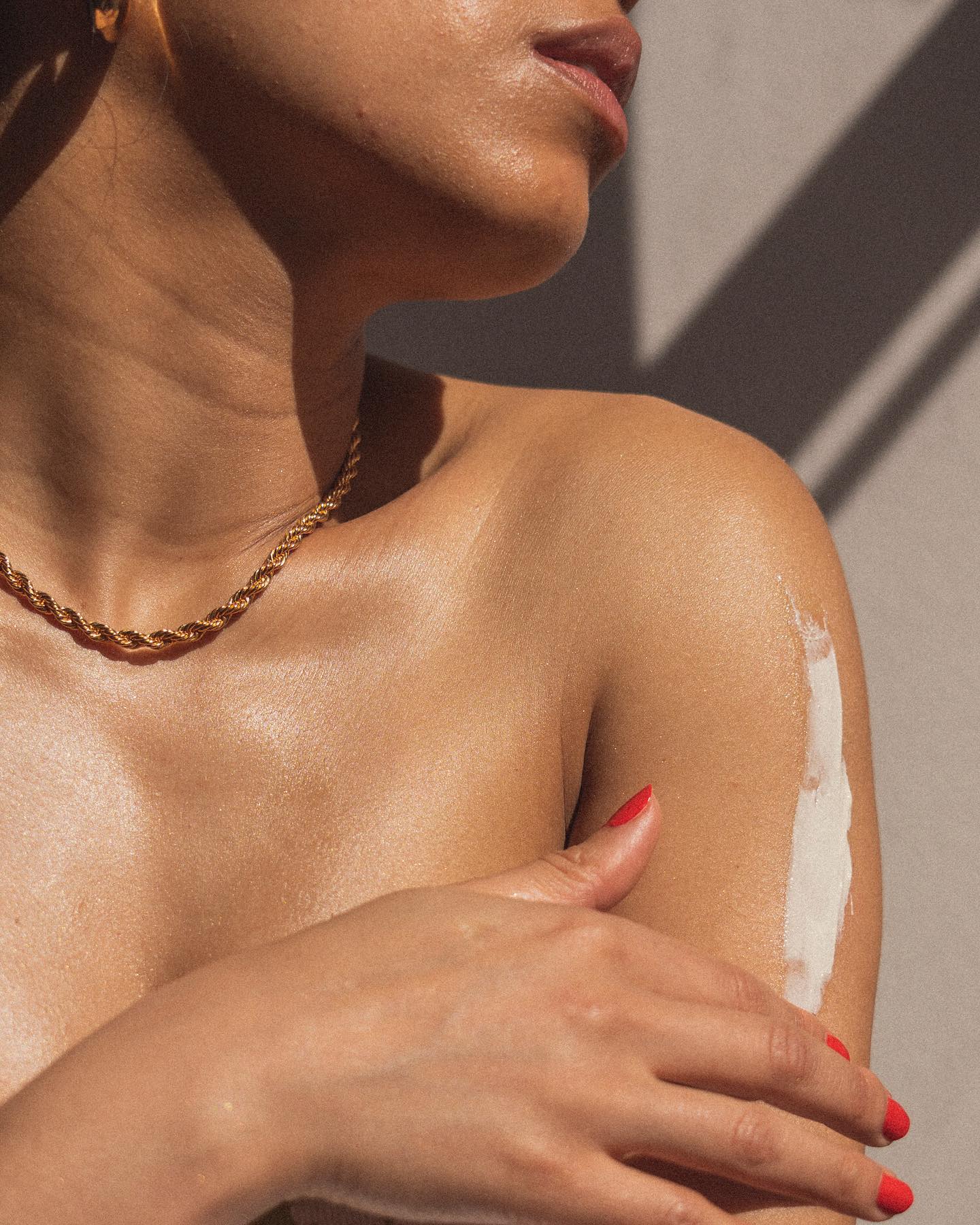
1. Keep up with your skincare routine.
Shirazi says that one of the best things that you can do to prevent eczema is being consistent with your skincare. Consistent skincare is one of the biggest factors that help reduce flare-ups. "It's important to avoid harsh cleansers and moisturize regularly to restore and strengthen the skin barrier," she says. "I recommend applying a moisturizer formulated with ceramides, glycerin, aloe vera, provitamin B5, prebiotics to help feed or activate the skin’s good microorganisms, oat complexes, and shea butter to help nourish the skin and strengthen the moisture barrier."
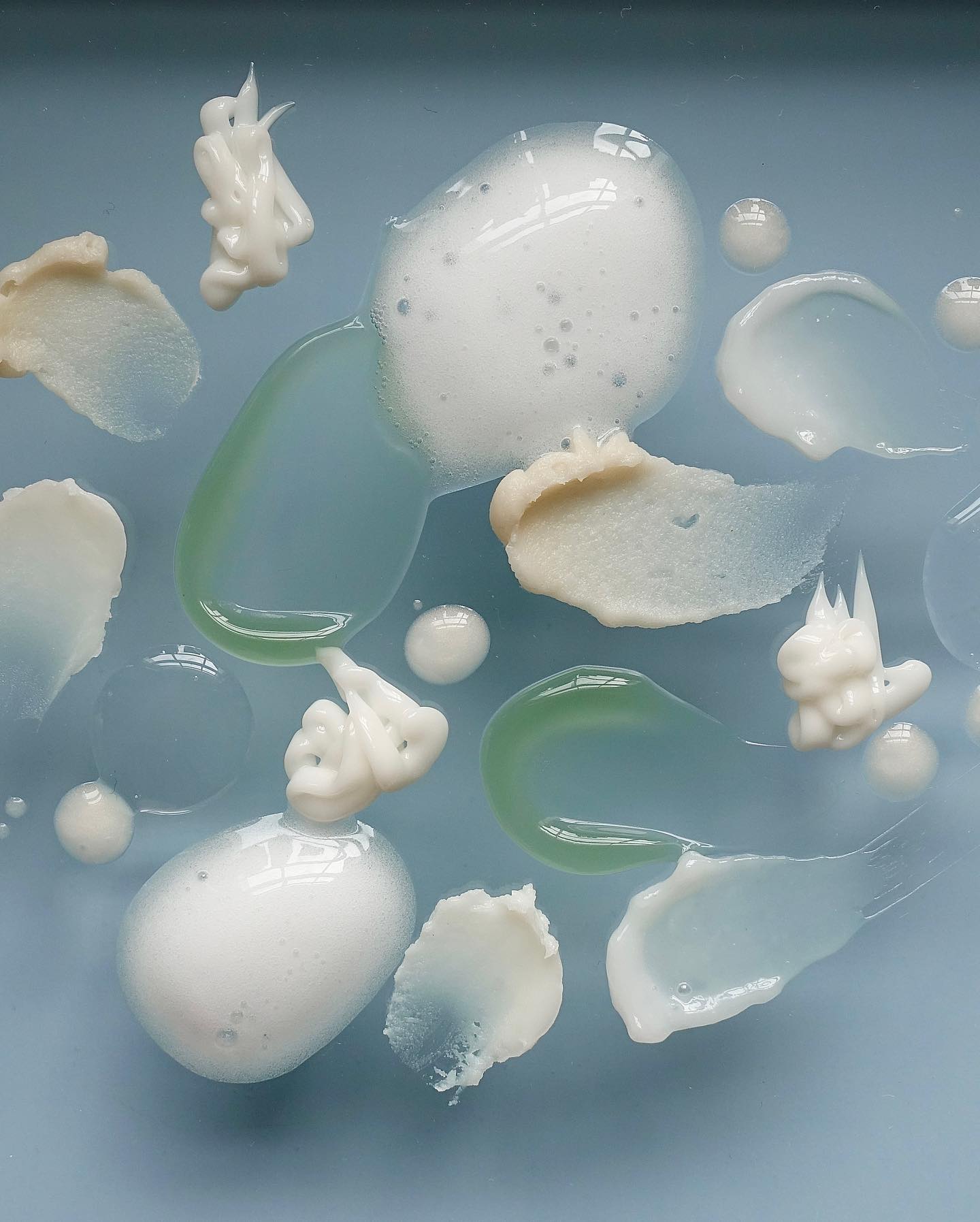
2. Avoid environmental triggers.
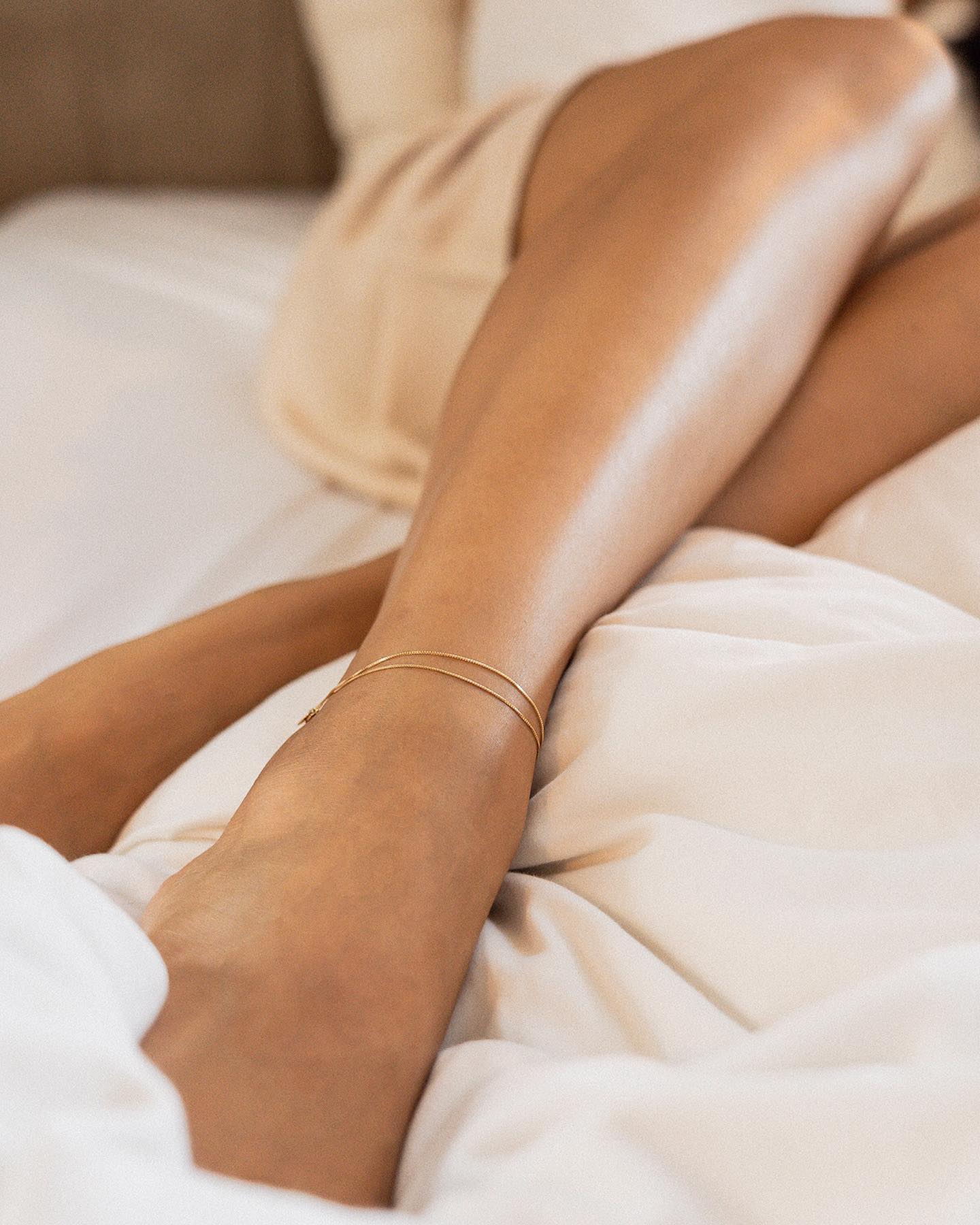
"Avoid environmental triggers that flare your eczema," says Shirazi. Every person's individual triggers are different, but Shirazi recommends not over-cleansing to avoid exposure to harsh surfactants. She also says adding a humidifier can help your skin get less dried out.
3. Try to practice a healthy lifestyle.
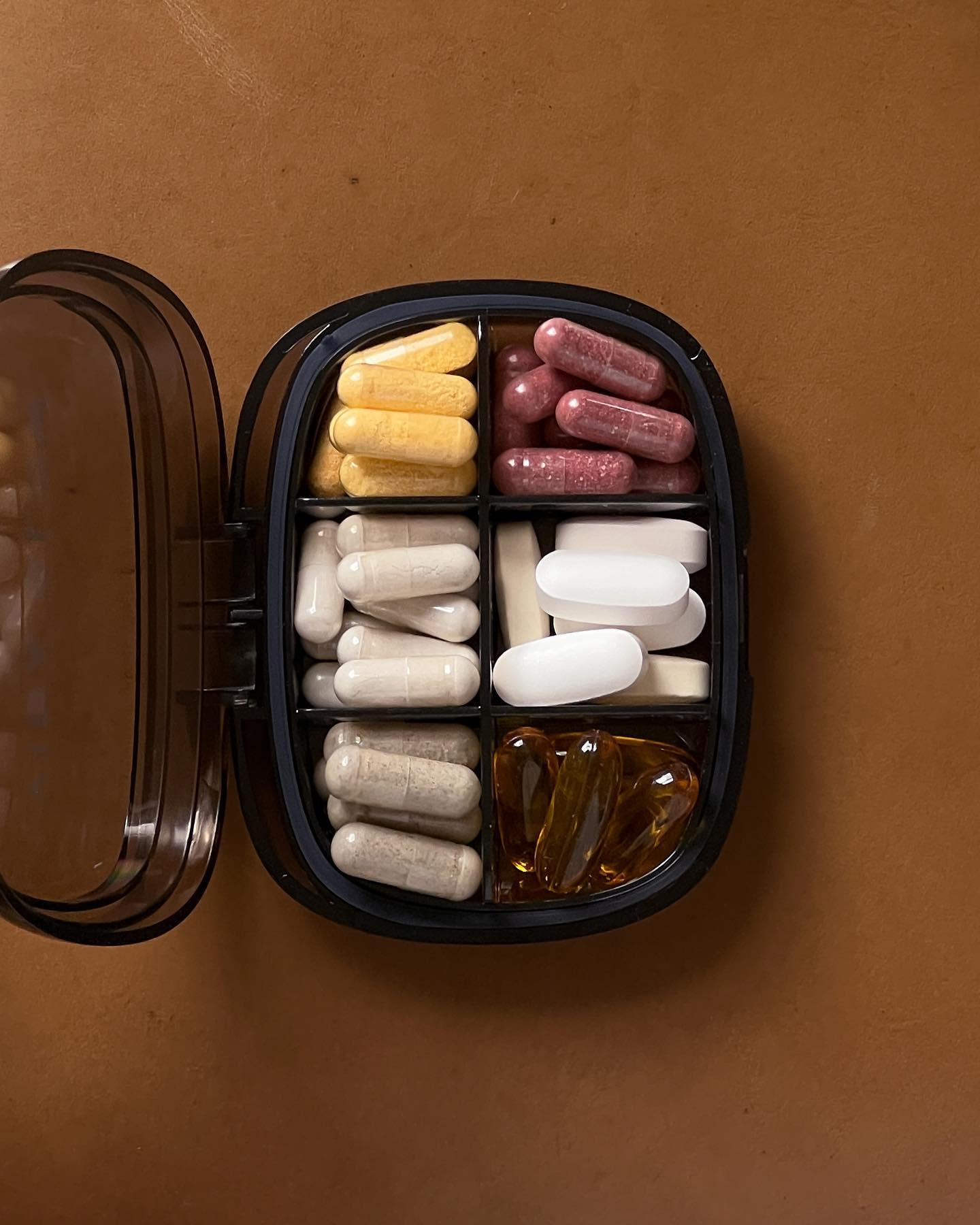
Not only should you be taking care of your skin as much as possible, but practicing overall wellness is just as important. Stress can be a major trigger, so Shirazi recommends stress management as much as possible.
Your microbiome is important, too. "To maintain a healthy microbiome, eating foods rich in prebiotics and probiotics has shown to be beneficial in eczema," says Shirazi.
The best products to help prevent eczema:
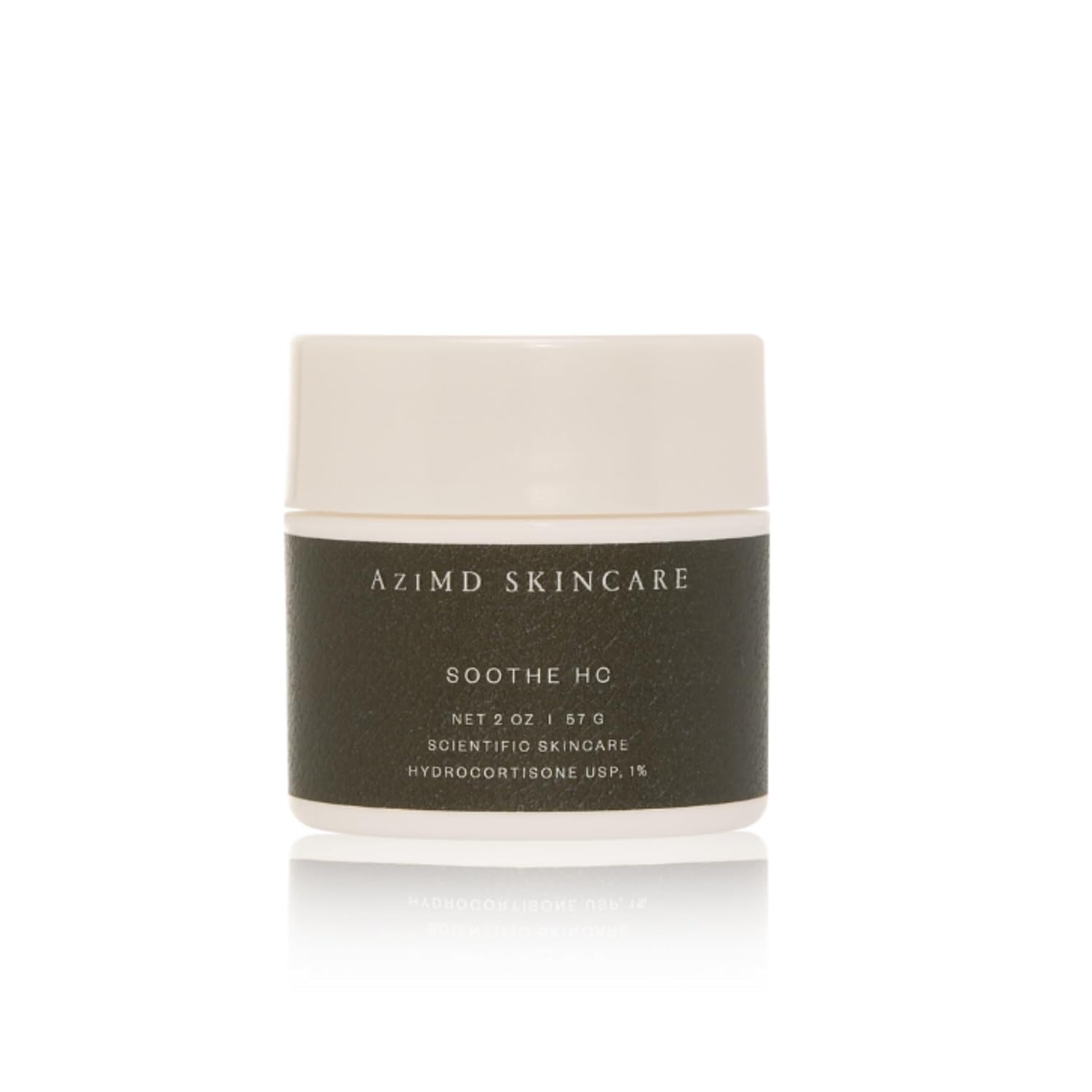
"[This is a] medicated cream designed to treat and heal the inflammation associated with eczema, says Shirazi. "[It's] formulated with aloe vera to soothe and hydrate the skin while calming redness and irritation, squalene and Glycerin to replenish and lock in moisture, and hydrocortisone to treat eczema and relieve itching and inflammation."
Prior to her time atBest Knockoff Luxury Clothing , Katie Berohn worked as the beauty assistant for Good Housekeeping, Woman's Day, and Prevention magazines, all part of the Hearst Lifestyle Group. She graduated from the University of Colorado, Boulder, with a major in journalism and minor in technology, arts, and media, and earned her master's degree at NYU's graduate program for magazine journalism. In addition, Katie has held editorial internships at Denver Life magazine, Yoga Journal, and Cosmopolitan; a digital editorial internship at New York magazine's The Cut; a social good fellowship at Mashable; and a freelance role at HelloGiggles.
